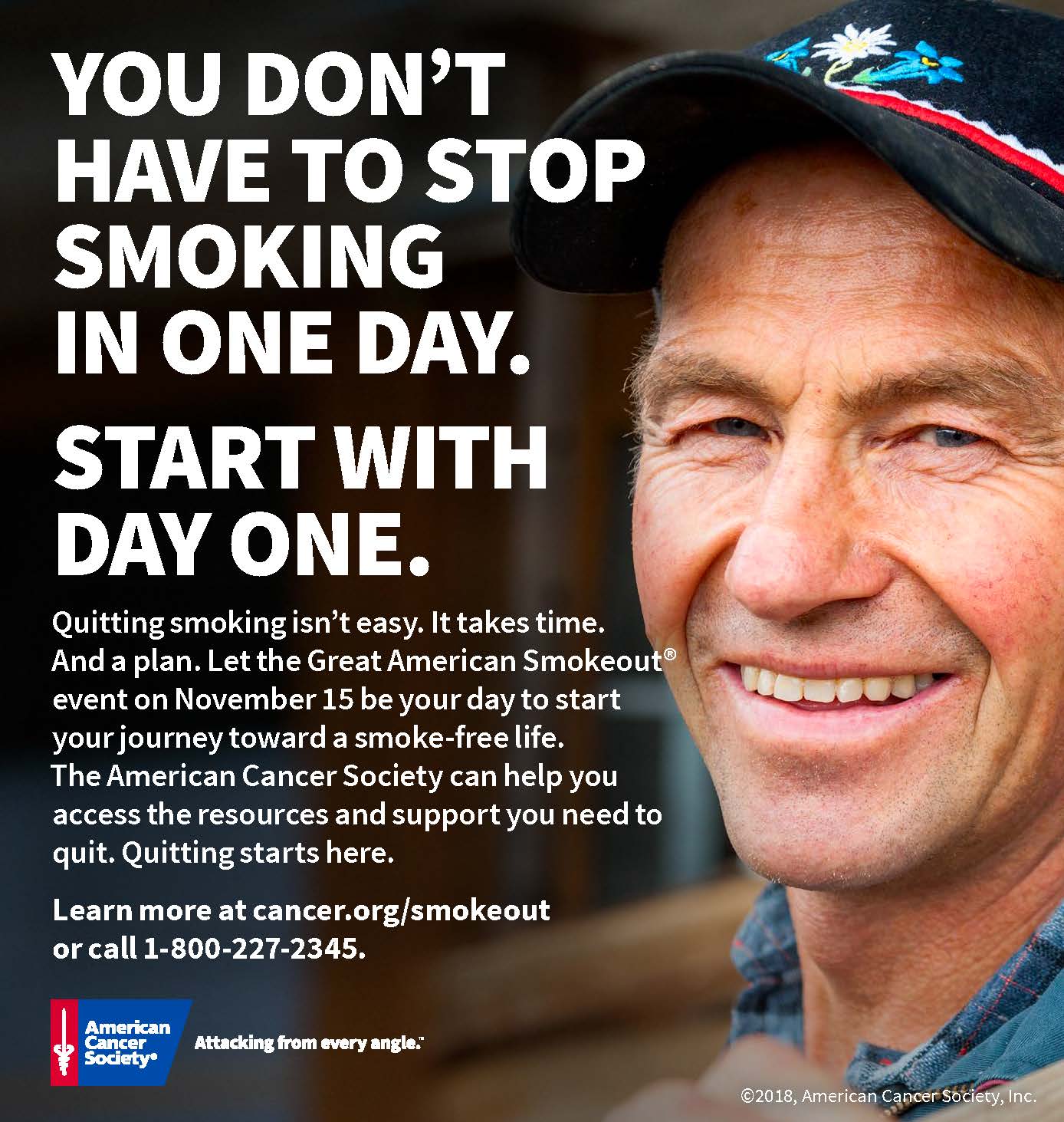 If you’re a smoker, you already know many of the reasons you should quit. Smoking causes lung cancer. It increases your risk of heart disease. You might already have symptoms that bother you like getting short of breath or coughing with a little physical activity. But the damage doesn’t have to be permanent. Each month that passes after you quit, some of this damage is reversed.
If you’re a smoker, you already know many of the reasons you should quit. Smoking causes lung cancer. It increases your risk of heart disease. You might already have symptoms that bother you like getting short of breath or coughing with a little physical activity. But the damage doesn’t have to be permanent. Each month that passes after you quit, some of this damage is reversed.
But if simply knowing these things made it easy to quit smoking, there would be no smokers left in America. As anyone who has tried to quit smoking can tell you, addiction to nicotine is no joke — particularly when combined with the engrained habits that often accompany smoking. Maybe it’s a way to occupy the hands or it rounds out the morning coffee break, but those habits alone are powerful. They can make quitting incredibly difficult. Many smokers attempt to quit multiple times before they are finally successful.
Although it is difficult to quit smoking, there are things you can do to make it a little less difficult. And one of those things is to get support. That’s where The Great American Smokeout comes in.
The Great American Smokeout
This event, sponsored by the American Cancer Society for over 40 years now, happens the 3rd Thursday in November each year. Smokers around the country are encouraged to quit on the same day. The idea is that smokers who try to quit are more successful when they have support from friends and family, helplines, support groups, counselors, medications, and other resources. The best success comes when two or more of these resources are combined.
By creating a time for smokers to join with others in the community, at work, or in other groups who want to quit, the Great American Smokeout creates an environment where such resources are more readily available and support is built in.
Tips to Help You Quit
You can decide to simply quit smoking and not give it much more thought than that, but making a plan can help you resist the urge to smoke. Start by choosing a Quit Day (like November 15, the first day of the Great American Smokeout).
The American Cancer Society offers a guide for making your plan leading up to your Quit Day, and what to do after you quit. A plan can help you avoid circumstances that trigger the desire to smoke and manage that urge when it arises.
For some, part of the plan will include medication and/or therapy. At Hunt Regional Medical Partners, we can help you understand what role these resources might play in your plan, and we can be part of your support system when you quit. Please contact our office to schedule an appointment to discuss what options might work best for you. We want to help you make November 15 your first day as a non-smoker.

